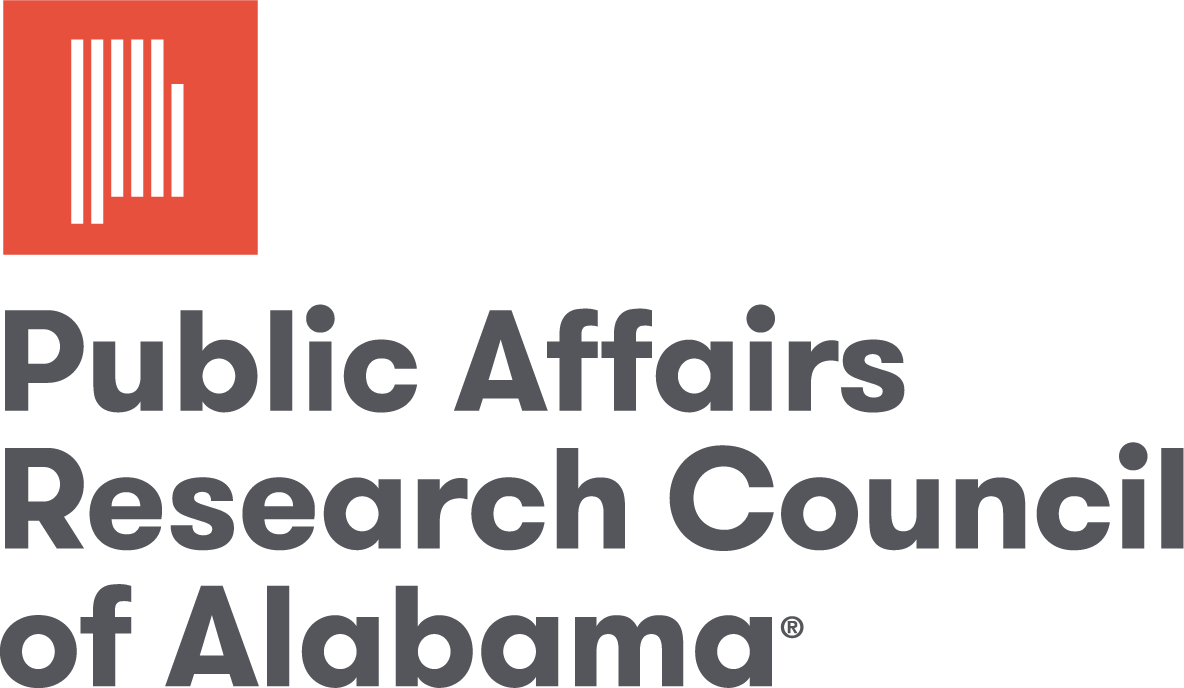Alabama public school students who participated in the state’s publicly funded First Class Pre-K program performed better on academic assessments than those who did not, and the improved performance persists as students progress through the early grades and into middle school.
That is according to newly released findings from the First Class Pre-K Research Evaluation Team. The team, which includes faculty and staff from the UAB School of Public Health, UAB School of Education, and the Public Affairs Research Council of Alabama – provides ongoing, rigorous assessment of the program’s effectiveness. This research collaboration has been ongoing for the past five years and is funded by the Alabama Department of Early Childhood Education.
The findings are important because some studies of Pre-K programs in other states have suggested that that the academic benefits of Pre-K “fade out” after third grade. In Alabama, that is not the case. According to study findings: “Students who received First Class Pre-K were statistically significantly more likely to be proficient in math and in reading compared to students who did not receive First Class Pre-K. … The analyses also indicate no evidence of fade out of the benefits of First Class Pre-K over time.”
The First Class Pre-K classrooms in Alabama are funded through a competitive grant process in which sites must meet specific quality assurances and abide by rigorous operating guidelines. Alabama’s First Class Pre-K program has been awarded the highest quality rating by the National Institute for Early Education Research (NIEER) for the past 12 years.
The new research supports previous findings. In 2012, PARCA provided a comparison between students who had received First Class Pre-K and those who did not for the Alabama Department of Children’s Affairs, now the Alabama Department of Early Childhood Education. That snapshot of results depended on the results of the 2012 Alabama Reading and Math Test (ARMT) for students in grades three through six.
In general, those comparisons showed that students who received First Class Pre-K performed better than those who did not and that the gap between poverty and nonpoverty students closed, even for students in the 6th grade. Encouraged by that snapshot, a more rigorous research design was implemented to examine multiple cohorts of students over time. UAB researchers provided the statistical analysis that found that the initial cross-sectional observation based on the 2012 snapshot was not a fluke.
“Observed differences in performance of First Class Pre-K students did not change over time and…the positive benefits persist as children age and progress to later grades,” the report states.
Read the briefing here.
More research on Alabama’s First Class Pre-K will be coming soon.
Several media outlets have covered the brief in recent days. Read select articles below:
Former Alabama Pre-K students score better in reading, math
Ivey touts Alabama’s nationally-recognized Pre-K program at conference
